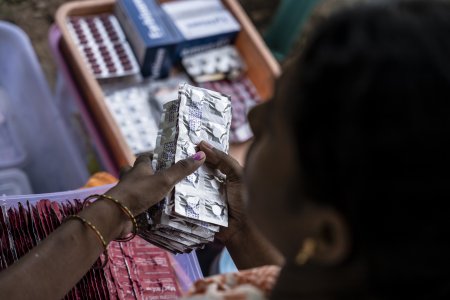 Tadeu Andre/MSF
Cahier
Tadeu Andre/MSF
Cahier
05/26/2023
Michaël Neuman
Natalie Roberts
On 3rd and 4th February 2022, the CRASH organised a workshop aimed principally at the directors and operational managers of MSF Operational Centre Paris (OCP) to reflect on current debates, and to determine which elements of the discussion would be the most relevant to resolve to support the advancement of MSF OCP’s operational projects. Is access to medicines the same issue today as it was when MSF first became interested in the mid-1990s? Rather than just concentrating on the obstacles to accessing medicines, should the debate be broadened to encompass what are now called ‘health products’ or even further, towards access to care and thus largely structural problems of human resources, financing, or the absence of national health insurance policies?
 Djerabe Ndegrgar
Opinion
Djerabe Ndegrgar
Opinion
12/30/2022
Michel-Olivier Lacharité
This article was published on December 26th, 2022 on the Souk, the MSF associative website.
Accusing the mothers of malnourished children of being lawless fraudsters is a well-worn trope in malnutrition treatment programmes worldwide – and one that has resurfaced recently in Nigeria, stirred up by health workers and the media. These types of accusations obscure a series of tricky truths on the control of resources, the quality of malnutrition treatment programmes, and on the extreme precariousness in which many families live. We see all of this in northwest Nigeria’s Katsina state, where we are currently conducting the largest malnutrition programme in the history of Médecins Sans Frontières/Doctors Without Borders (MSF).
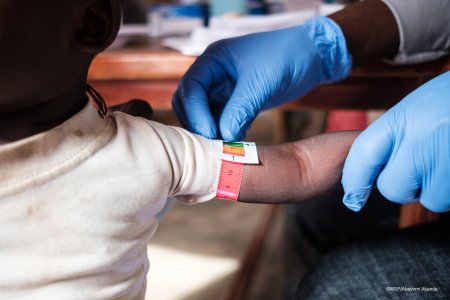 Abayomi Akande
Interview
Abayomi Akande
Interview
05/05/2022
Jean-Hervé Bradol
Elba Rahmouni
All the warning lights are flashing red this year: drought, the high prices of grains and fertilisers exacerbated by the war in Ukraine, reduced imports and speculation, numerous armed conflicts, a record number of refugees to be fed, disengagement of institutional donors,… With the exception of locusts, all the determinants of severe food scarcity are there, from Afghanistan to the Sahel, including Yemen, the Horn of Africa, and the Indian subcontinent. To the point of threatening all of the progress that was made in treating undernutrition after the 2005 crisis in Niger, which was the starting point for global advances in managing malnutrition in places where it is commonplace. It is time for a general mobilisation to limit the scale of the coming catastrophe. Interview with Jean-Hervé Bradol by Elba Rahmouni.
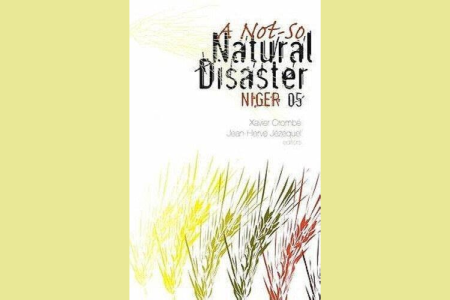 Book
Book
10/01/2007
Xavier Crombé
Jean-Hervé Jézéquel
Twenty years after the charity concerts for the Sahel Nigerien politicians, institutional donors, aid agencies and humanitarian organisations clashed on the nature and substance of the crisis affecting Niger in 2005. Identifying the causes of, and adequate responses to, the situation also gave rise to profound disagreements. Having set up their most ambitious emergency nutrition programme to date, Médecins Sans Frontières found itself at the forefront of these controversies.
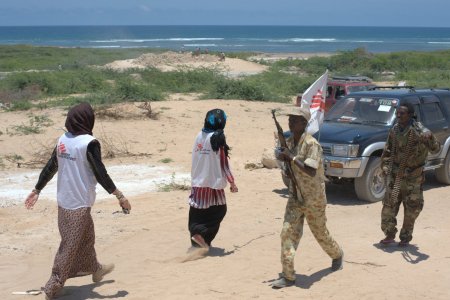 Yann Libessart
Analysis
Yann Libessart
Analysis
09/01/1993
Rony Brauman
In 1993, Médecins Sans Frontières left Somalia and denounced the methods of UN troops who were violating the very humanitarian principles in whose name they intervened.
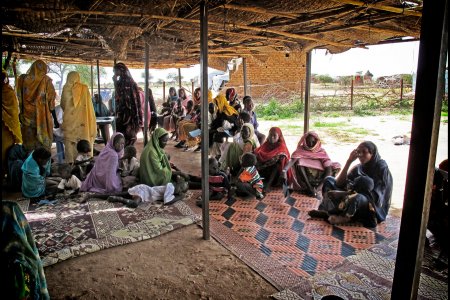 Inconnu
Analysis
Inconnu
Analysis
07/01/2008
Fabrice Weissman
With 13,000 humanitarian workers and a hundred relief agencies, Darfur hosts the largest humanitarian operation in the world. The aid apparatus started its full deployment in mid-2004 in a context of acutely high mortality among internally displaced persons (IDPs) gathered in camps and civilians remaining in rural areas.
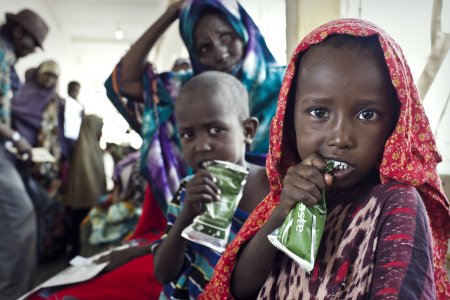 Sven Torfinn
Opinion
Sven Torfinn
Opinion
09/19/2011
Rony Brauman
In the context of emergency appeals in the Horn of Africa, Rony Brauman recalls the contemporary definition of a famine. While recognising the progress made in major crisis response mechanisms, he questions the alarmist attitude of the UN.
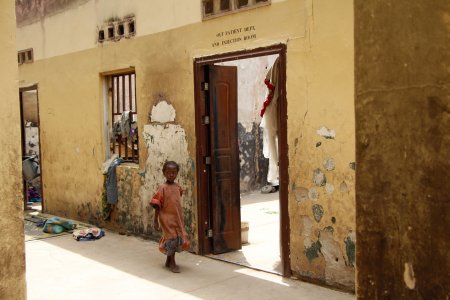 Benoit Finck
Opinion
Benoit Finck
Opinion
08/05/2016
Jean-Hervé Bradol
Jean-Hervé Bradol, director of studies at MSF-CRASH, discusses the humanitarian emergency left in the wake of Boko Haram's occupation of Borno State, Nigeria.
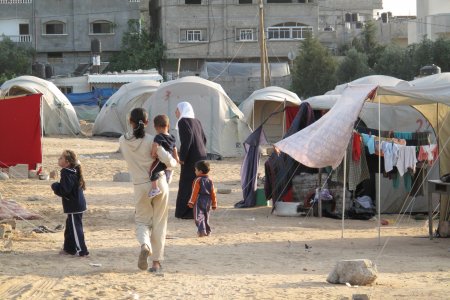 Valerie Babize
Opinion
Valerie Babize
Opinion
11/14/2012
Michaël Neuman
Last October, the Israeli Minister of Defence resolved under judicial order to declassify documents dating from January 2008. These archives contain the implementation details of the embargo imposed on Gaza in 2007.
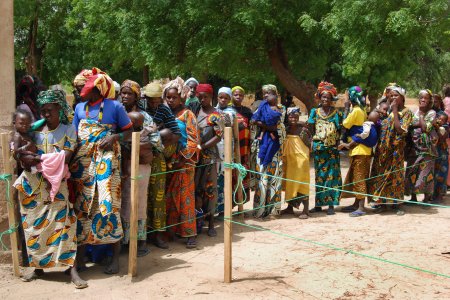 Karine Klein
Analysis
Karine Klein
Analysis
07/23/2010
Jean-Hervé Bradol
Using Niger as an example, this text seeks to explore the dilemmas involved in medical responses to child malnutrition when such malnutrition is endemic (strong, permanent presence) and gives rise to seasonal peaks (epidemics) each year.
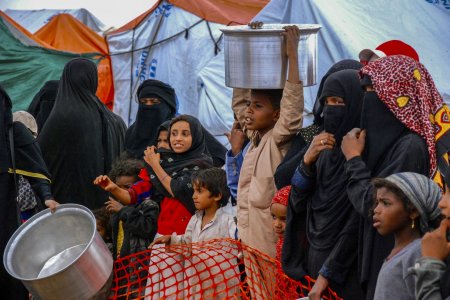 Francesco Segoni
Cahier
Francesco Segoni
Cahier
12/20/2009
Jean-Hervé Bradol
Jean-Hervé Jézéquel
Four years after the Nigerian crisis, many things have changed in the nutrition field. This Cahier du Crash aims at considering this evolution and explore new possibilities for action for MSF.
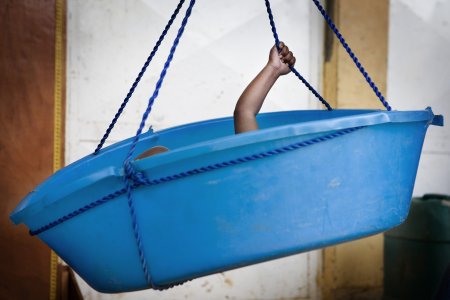 Robin Utrecht
Opinion
Robin Utrecht
Opinion
07/29/2009
Jean-Hervé Jézéquel
In 2008, Southern Ethiopia was the epicentre of a vast nutritional intervention: more than 100,000 malnourished children received assistance from a mix of actors including both international actors and local health facilities.
 Tadeu Andre/MSF
Cahier
Tadeu Andre/MSF
Cahier











